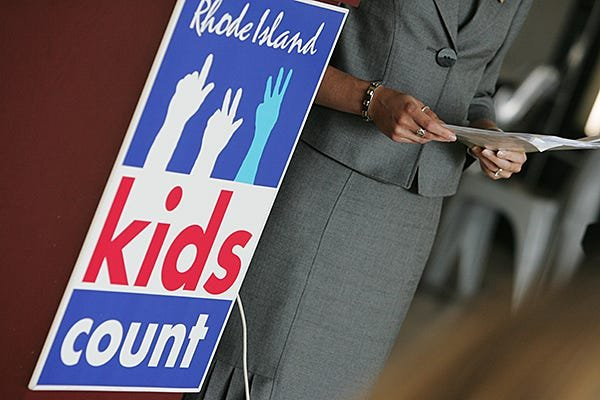
In everything we do at United Way of Rhode Island, data is at the center of what informs our actions, from grant investments in the community and program development to our advocacy and legislative policy work.
Data allows for decision-making based on evidence rather than assumption or guesswork. It allows for historical perspective, tracks changes moving forward, and is valuable in identifying trends. Most importantly, data fuels better strategies that, in turn, can drive better outcomes. This is true whether the focus is education, business, nonprofit or public health.
Now what if we’re talking about all of these at once, and intertwined around Rhode Island’s children?
The data tells us 1,739 children last year were identified as homeless by their school’s personnel. That 79% of low-income children in the state live in old housing, increasing their risk for lead poisoning and asthma. We know the number of multilingual learners in our state has nearly doubled over the last 10 school years. And we know that 11,649 kids lost Medicaid coverage during the recent renewal process.

Comments